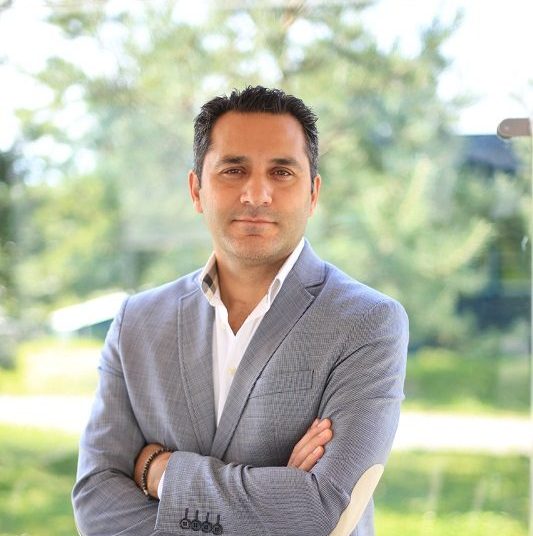By: Ali N. Karaman, Managing Director of Philip Morris Egypt & Levant
At present, major transformations occurring in strategic industries around the world have become an unmistakable feature of the global economy. This is driven by many factors, among which are the needs to improve human lives, reduce direct and indirect risks related to products or service consumption, and act upon corporate ESG commitments to investors and shareholders.
Innovation and technology with its practical applications, play a substantial role in enabling this transformation. In that realm, Philip Morris International (PMI) has adopted a pioneering global approach to reduce the risks of traditional smoking by offering better alternatives.
PMI has come a long way in developing a multi-category of smoke-free alternatives which eliminate burning, including heat-not-burn products, which emit on average 95% lower levels of harmful or potentially harmful chemicals compared to cigarettes, however, it is important to note that it does not necessarily equal a 95% reduction in risk.
It is no longer a secret to specialists and public health experts that the process of combustion is responsible for the diseases resulting from traditional smoking, due to the harmful substances resulting from the burning process. This is why, although they are not risk-free and include nicotine which is addictive, heat-not-burn products are a better choice for adult smokers who wish to continue to smoke.
We are clear that the best choice an adult smoker can make is to quit cigarettes and nicotine altogether. However, if you are an adult smoker who wishes to continue smoking, switching to smoke-free alternatives remains a better option than traditional smoking.
To accelerate this positive change, PMI has established its flagship research center “The Cube” in Neuchâtel, Switzerland, specialized in innovating, researching and developing smoke-free products while operating with world-class research standards.
This arm of PMI employs more than 1,506 R&D positions working on our smoke-free portfolio, following international standards such as Good Laboratory Practices, Good Clinical Practices, and Good Epidemiological Practices. This taskforce is multidisciplinary with expertise in 30 main specialties, including basic science, biology, toxicology, inhalation delivery science and technology, regulatory, quality, and clinical science.
Furthermore, PMI goes to great lengths to have its science debated, published and reviewed independently and transparently; this includes sharing its research in more than 511 peer-reviewed publications, since 2008.
Nonetheless, it takes more than one company’s efforts and investments to achieve the desired positive outcome. This is a journey of transformation that involves consumers and governments from all around the world, alongside the efforts of the global tobacco industry.
According to the American Cancer Society (ACS), there has been evidence linking cigarette smoking to more than 20 million premature deaths in the U.S, since 1964. However, there are remarkable global examples in the smoke-free transformation that prove there is a way out, such as in Sweden, which is the European country with the lowest rates of smoking — 5% daily smokers in the population.
Sweden has adopted a strategy of discouraging conventional smoking and encouraging adult smokers to switch to alternative nicotine products with reduced risks. These efforts still require to be matched globally in order to maximize the impact, for the benefit of the adult smoker particularly and public health largely.
Today, action is required, with innovation and technology delivering the roadmap. The world must recognize the outcome of adopting a smoke-free vision and establish a clear strategy to realize it, for the benefit of public health. The quest for new ways and modern innovations to reduce the risks of smoking is an urgent necessity, in order to eliminate smoking and the risks related to it.






Discussion about this post